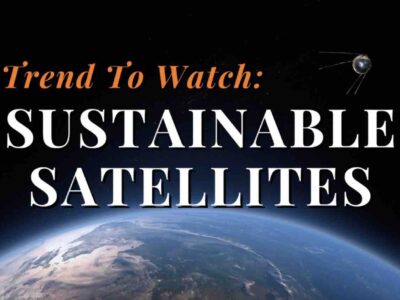(Bloomberg) —
Ford Motor Co.’s South Korean electric-car battery partner SK On Co., which furloughed some US workers last year amid waning EV demand, expects EV sales to be sluggish in 2024 but remains bullish in the long term.
“We just need to be flexible relative to the market situation for the time being,” SK On Chief Commercial Officer Min Sung said in an interview with Bloomberg TV at the CES technology conference in Las Vegas on Wednesday. “Our goal through the end of the decade, it remains strong and it remains in line with our plan.”
SK On and Ford are building battery plants in Tennessee and Kentucky with production set to start in 2025. The automaker in October delayed the planned start of a second Kentucky facility after tapping the brakes on its $50 billion shift to electric vehicles as sales slow. SK On operates two standalone battery plants in Georgia which supply Ford and Volkswagen AG, and is planning another facility in the state with Hyundai Motor Group.
“Our goal through the end of the decade remains unchanged and it’s the same for Ford,” Sung said of the second Kentucky battery plant, which he said is delayed without giving a new timeline.
General Motors Co., Honda Motor Co. and Tesla Inc. all lowered their EV sales targets in October as demand faltered. Meanwhile, US labor costs have risen due to elevated inflation and the United Auto Workers strike that won hefty pay increases.
After its latest earnings showed losses narrowed in the third quarter, SK On has said it expects to turn its first profit this year, helped by tax credits from the Biden administration’s green energy bill, which encourages domestic production of EVs and their components.
Read More: Ford EV Battery Partner SK On Targets US Growth Over Profit
SK On is seeking to reduce its reliance on Chinese suppliers, who dominate the supply chain for crucial battery materials like nickel, cobalt, manganese and graphite. At the same time, the Korean conglomerate is lobbying the Biden administration for more time to comply with the rules that seek to carve China out of the supply chain completely, Sung said.
“Small volume, we can still meet it under the current guidelines, but when it comes to bigger ramp-ups in 2025-2026, 2027, we need a little more time and that’s what we’re asking different government agencies.”
© 2024 Bloomberg L.P.





